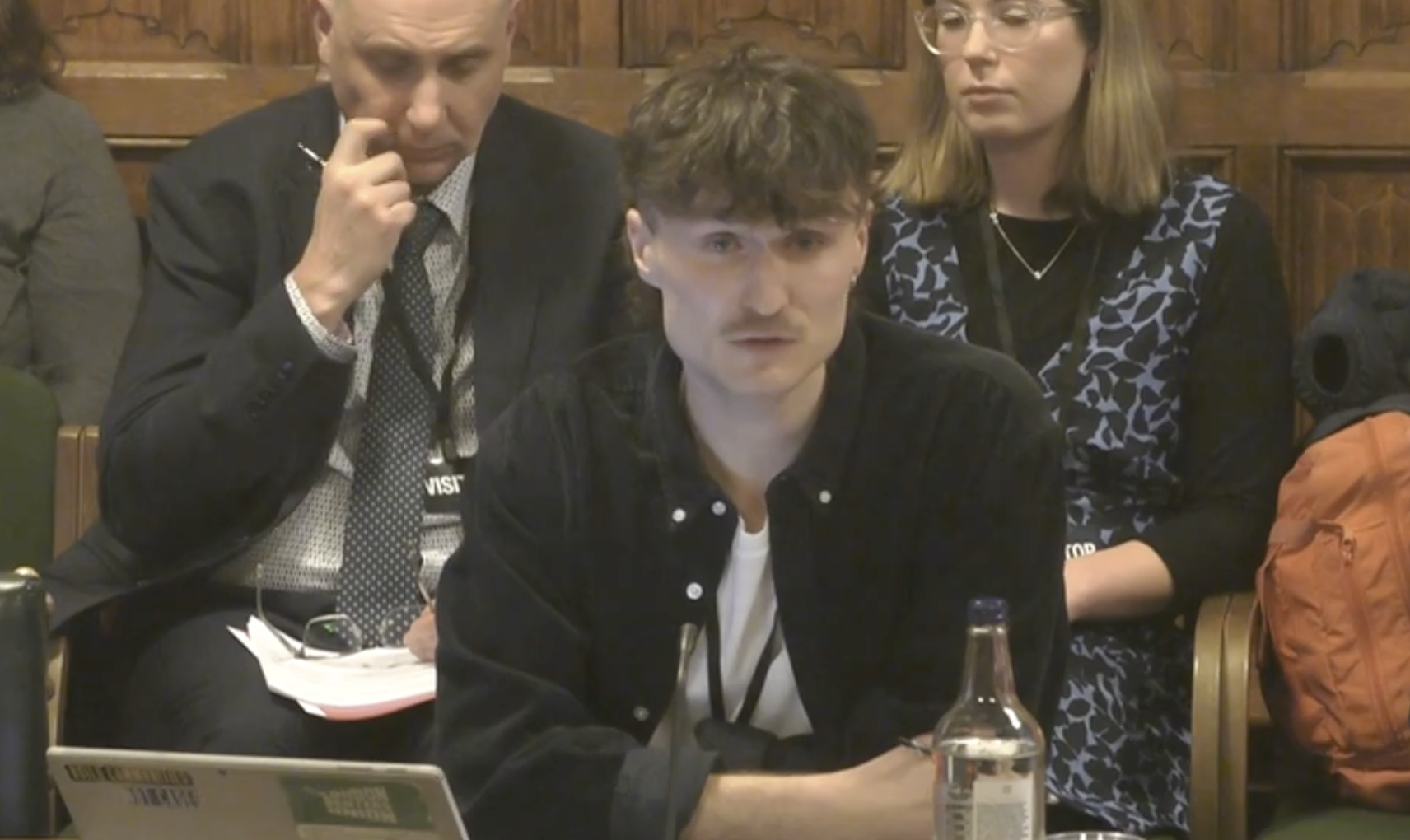Despite promising to abolish Section 21 evictions in 2019, the government has failed to follow through. Housing secretary Michael Gove insists a ban will come into force before the next general election, saying court reform is needed first. But in the meantime, disabled renters are bearing the brunt of the delay.
No one should ever be put into the situation that Tina was. Evictions are destructive and destabilising at the best of times, but when the victim is a disabled renter, they can become even more dangerous. Tina has an anxiety disorder, and the situation became so difficult that they had to be signed off work by their doctor. “It was traumatic. I had to tell them what they were doing, and their continued pressure was making me really unwell,” Tina says.
But the landlord and letting agent just kept asking hammering away and asking for health assessments to prove to them that she was disabled, in addition to asking for more updates on their move-out date.
Infuriatingly, Tina is not alone and won’t be the last disabled person to be cruelly punished by our broken housing laws. In 2023, the number of no-fault evictions by bailiffs in England surged by almost 50%. That means across the country, thousands of disabled renters are anxious, scared and trying to find a new, safe, accessible, warm home to which we all have a right.
ONS findings have shown that disabled adults are among some of the most likely to find their rent difficult to afford, pushing more and more of us toward homelessness. When we get evicted, we are given just two months to leave, forced to find somewhere new to call home, so often moving miles away from our communities, our safe havens and support networks to do so.
In Lewisham, a borough of London with the third highest rate of Section 21 evictions in the entire country, Rebekka Rumpel, an organiser at the London Renters Union (LRU), a grassroots tenant’s union, sees the results of our broken housing system every day.
“LRU has supported numerous members facing ‘no-fault’ S21 evictions in Lewisham over the past year, with many members struggling to find a new home they can afford within the borough or having to make a homelessness application to the council,” says Rumpel.
And yet, despite ever-growing numbers of houseless people, and with all the data and research showing the dangerous long-term effects of evictions, the government continues to delay the renter’s reform bill, a crucial piece of the legislative puzzle, which is set to outlaw Section 21 evictions.
That’s despite growing pressure from campaigners and groups like Disability Rights UK, Shelter and London Renters Union. All of whom signed an open letter to the housing secretary Michael Gove urging him to bring forward the bill, finally closing the chapter on Section 21 and strengthening the legislation itself as it proceeds through Parliament by making it law that tenants are protected from eviction for two years at the start of a tenancy, rather than six months at present.
We are beyond the point of tinkering, and we urgently need wholesale reforms that create a safer, fairer and more accessible housing system for everyone. As disabled renters, we need certainty and consistency in our housing situations for our independence. Appropriate housing is key to independent living and creating choice and control for us, and that shouldn’t be removed from us if we rent privately.
But there is an answer. The government can make a start on this much-needed systemic change by bringing the Renter’s Reform Bill into law and finally abolishing the dangerous Section 21 eviction, which continues to bring misery to hundreds of thousands of people across the country.
As Rumpel stresses: “More and more of us are trapped in the private rental sector our whole lives and treated like a disposable income stream by profit-hungry landlords.”
“All the Section 21 evictions we have seen demonstrate the need to end this cruel law, which should have been abolished years ago.”
Mikey Erhardt is a policy and campaigns officer for Disability Rights UK.









